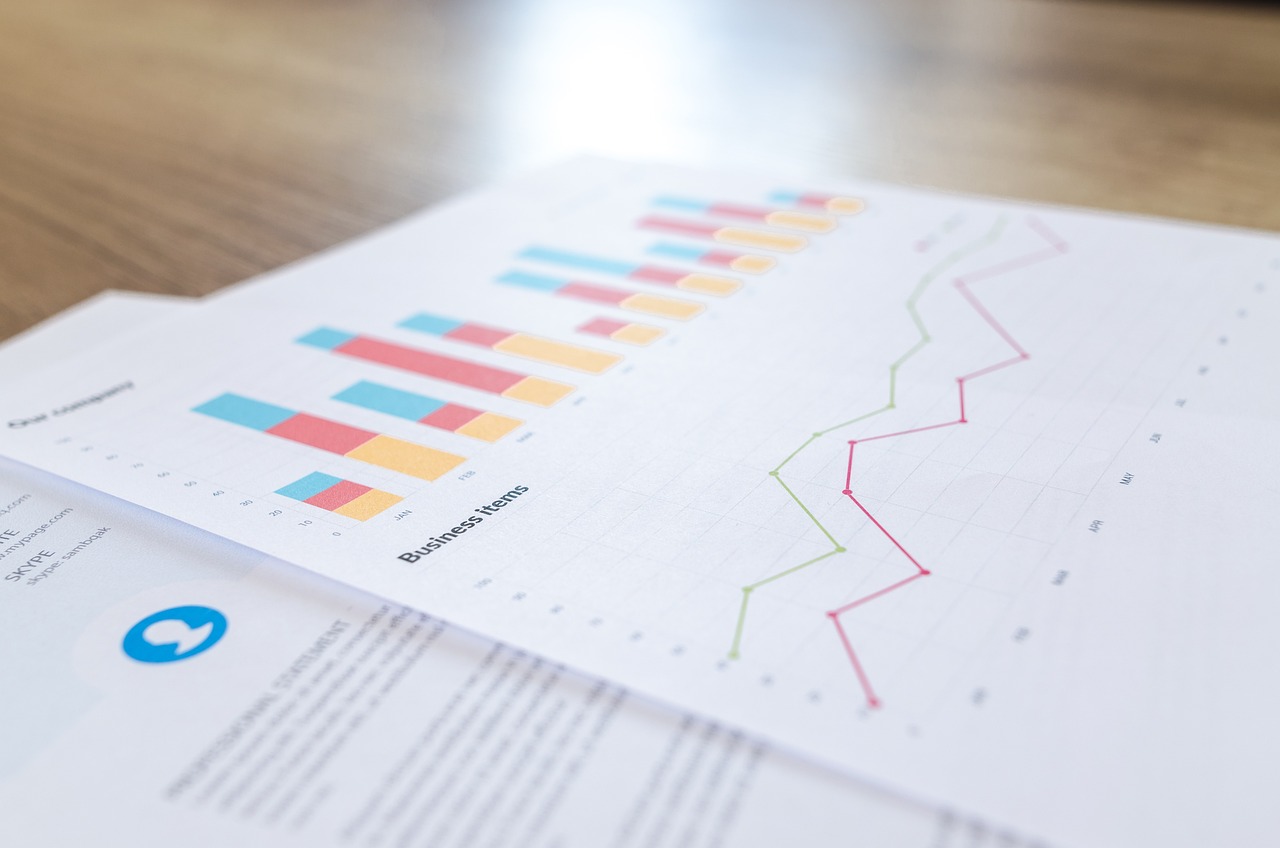

Welcome to our comprehensive guide on understanding more about your financial health and how to assess your progress. Whether you’re a seasoned investor or just starting your financial journey, this guide will provide you with the knowledge and tools needed to evaluate your financial situation effectively. By the end of this journey, you’ll have a clearer understanding of where you stand financially, what steps you can take to improve, and how to set meaningful financial goals that align with your aspirations.
What is financial health?
Financial health refers to the overall state of a business’ financial well-being and stability. It reflects how well one manages their financial resources, meets financial obligations, plans for the future, and navigates financial challenges.
Assessing financial health involves looking at various factors holistically and understanding how they interrelate. This can include reviewing income and cash flow, expenses, and debt management to name a few. A healthy financial situation is one where income exceeds expenses, savings and investments grow over time, debt is manageable, financial goals are set and met, and there is a plan for long-term financial security.
Get started with our forecasting software so that you can plan your business' futureAssess your financial heath in Brixx
When do I need a financial checkup?
There are an enormous amount of instances in which you should consider scheduling a financial checkup. We have listed some of these below:
- Annually: It is best practice to conduct an annual financial checkup for your business. This provides an opportunity to review your financial statements, assess your financial goals, and make strategic plans for the coming year.
- Quarterly or monthly: Depending on the size and complexity of your business, you may need more frequent financial checkups. Smaller businesses may benefit from quarterly or even monthly reviews to stay on top of cash flow and financial performance.
- Before major financial decisions: Before making significant financial decisions, it’s crucial to conduct a financial checkup. This helps assess your business’s ability to handle the financial implications of these decisions.
- When revenue or expenses change: If your business experiences significant changes in revenue or expenses, it’s important to conduct a financial review to adjust your budget and financial plans accordingly.
- Tax season: Many businesses conduct financial reviews during tax season to ensure accurate financial reporting and take advantage of tax-saving opportunities.
- Exit planning: If you’re considering selling your business or transitioning ownership, a financial checkup is crucial to determine the business’s valuation and prepare for the sale.
- Market expansion: When entering new markets or launching new products or services, a financial review can help ensure you allocate resources effectively and mitigate risks.
Financial checkups are imperative for businesses. Seeking the expertise of a financial advisor or accountant can be invaluable in conducting a thorough and objective financial checkup for your business.
Can I do a financial assessment without accountants?
You can absolutely conduct a financial assessment without the direct involvement of accountants, especially for personal financial assessments or small-scale evaluations. Though we do recommend reaching out to an expert, there are several steps you can take on your own to assess your financial situation:
- Gather financial documents: Start by collecting all relevant financial documents.
- Create a budget: Develop a comprehensive budget that outlines your monthly income and expenses.
- Calculate your business’ worth: Determine the business’ worth by subtracting liabilities (debts) from assets (savings, investments, real estate, etc.). This provides a snapshot of your overall financial position.
- Analyze debt and credit: Review your outstanding debts, interest rates, and payment schedules.
- Evaluate investments: If you have investments, review your portfolio. Assess your investment goals, risk tolerance, and whether your investments align with your objectives.
- Review financial goals: Examine your financial goals and objectives. Are they specific, measurable, achievable, relevant, and time-bound (SMART)? Adjust them as needed.
- Examine insurance coverage: Evaluate your insurance coverage. Ensure they meet your current needs.
- Set an action plan: Based on your assessment, create an action plan to address any weaknesses or areas for improvement. This may involve strategies for debt reduction, saving more, or adjusting your investment strategy.
- Monitor progress: Regularly track your financial progress by comparing your current financial state to your goals and the benchmarks you’ve set.
While conducting a financial assessment on your own is possible, it’s important to recognize that financial matters can become complex, especially as your financial situation grows more intricate. In such cases, seeking advice from a certified financial planner, accountant, or financial advisor can provide valuable insights and expertise to help you make informed decisions and optimize your financial health. These professionals can provide tailored recommendations based on your unique circumstances and goals.
Why is it important to evaluate your financial health?
As mentioned, evaluating your financial health allows you to make better informed decisions for the future of your business, while also highlighting any potential risks.
By evaluating your health, you will be able to:
- Improve financial awareness
- Inform goal setting
- Create an effective budget
- Reduce and manage debt
- Identify and mitiage risk
- Adjust investment decisions
- Plan for retirement
- Ensure financial security
- Ensure long term wealth-building
5 tips to start assessing your financial health
Assessing your business’s financial health is crucial for its long-term success and sustainability. Here are five essential tips to help you get started:
1. Review financial statements
- Begin by examining your business’s financial statements, including the profit and loss statement, balance sheet, and cash flow statement.
- Analyze revenue, expenses, and net profit to understand your business’s profitability.
2. Calculate key financial ratios
Calculate important financial ratios to assess various aspects of your business’s financial health.
These may include:
- Profitability ratios
- Liquidity ratios
- Debt ratio
Compare these ratios to industry benchmarks to see how your business measures up.
3. Analyze cash flow
- Examine your business’s cash flow to ensure it has enough liquidity.
- Review both operating cash flow and free cash flow.
- Identify any cash flow challenges or opportunities to improve cash management.
4. Assess debt and credit management
- Review your business’s outstanding debts. Ensure that debt is being managed effectively and that interest rates are reasonable.
- Evaluate your credit policies and accounts receivable collection process to minimize bad debts and improve cash flow.
5. Set financial goals and budgets
- Establish clear financial goals for your business, such as revenue targets, profit margins, and growth objectives.
- Create a detailed budget that outlines your expected income and expenses. Regularly compare actual financial performance to the budget to identify variances and adjust your operations accordingly.
Can Brixx help with assessing financial health?
Assessing your business’s financial health is an ongoing process. Regularly monitoring financial performance and making informed decisions based on your assessments can help your business stay financially stable and achieve its long-term objectives.
Managing financial health is something that can easily be done within Brixx’s financial forecasting tool. With a host of helpful features to track, assess, and manage your finances, you are able to uncover and learn more about your business. You can take a free trial today!
If you’re unsure about conducting a financial assessment on your own, consider seeking the assistance of a financial advisor or accountant with expertise in business finance.















